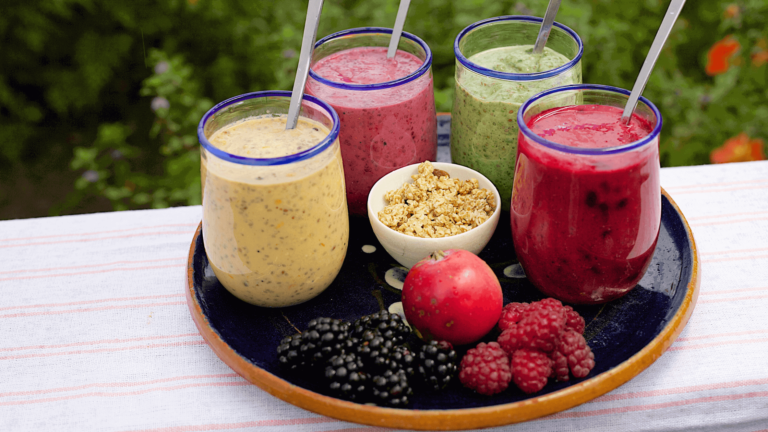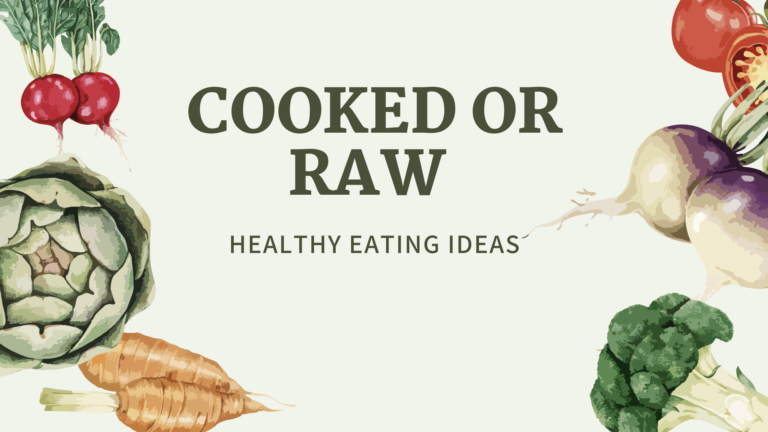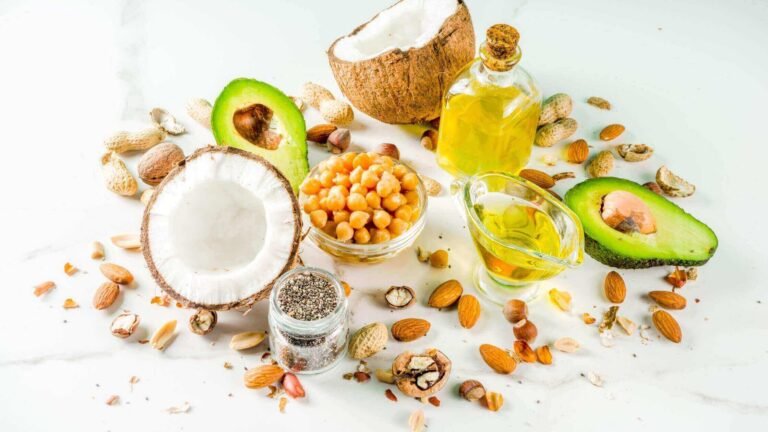Top 10 health benefits of carrots, including Skin.

Carrots are a wonderful addition to your winter diet; eat them raw in salads, stuffed in parathas, or baked into halwa and cakes for a healthy and delicious treat.
With a little sweet flavor, versatile carrots are a healthy choice due to their high levels of vitamins, fiber, carbs, potassium, calcium, and iron. Carrots are a reliable source of antioxidants, and they should be included in your regular diet.
In addition to bolstering the immune system, they are also good for the eyes, the heart, and the prevention of cancer. You should include this winter root vegetable in your diet if you have diabetes since it helps maintain blood sugar levels stable.
“Carrots, with their myriad advantages, are among the best vegetables we can get our hands on now, in the winter months.
This adaptable root vegetable should be at the top of your shopping list, whether you use it in salads, as a mid-meal snack, in sabzis, or even in the odd sweet halwa “expert on healthy eating Garima Goyal.
Carrot Nutrition facts
Water makes up between 86 and 95% of a carrot, while the remaining 10% is mostly carbohydrates from the edible part.
Carrots have negligible amounts of both fat and protein (3Trusted Source).
A 100-gram serving of raw carrots, which is around two medium-sized carrots, has the following nutritional breakdown:
- Calories: 41
- Water: 88%
- Carbs: 9.6 grams
- Protein: 0.9 grams
- Sugar: 4.7 grams
- Fat: 0.2 grams
- Fiber: 2.8 grams
Include carrots in your diet for these 10 health benefits of carrots
You’ll be amazed at the many benefits of adding carrots to your diet. Read on to see some great advice on how you can add carrots to your daily diet and enjoy these benefits!
1. Carrots are good for your eyes
Many of our bodily systems rely on the vitamins and minerals found in root vegetables to function properly.
Beta carotene, the pigment responsible for carrots’ trademark orange color, is converted to vitamin A in the human body and is therefore an important nutrient.
Martin states, “Vitamin A is probably most well-known for its key function in supporting eye health and healthy eyesight,” and that getting enough of it is crucial for lowering the risk of macular degeneration.
More than half of an adult’s daily Vitamin A need can be met by eating half a cup of raw, sliced carrots.
2. Carrots promote good skin.
Vitamin A is not only important for our vision, but also for our skin’s health. Martin references research showing that those with higher vitamin A and carotenoid intakes had lower rates of skin cancer.
She states, “Ensuring an adequate supply of vitamin A in the body can be aided by eating carrots on a regular basis, as they are one of the greatest sources of the pro-vitamin A carotenoid beta-carotene.”
3. Helps reduce inflammation
Carrots come in a wide range of colors, the most common being orange, but other common ones include red, yellow, purple, and white. Anthocyanin, the pigment responsible for the purple hue, is found in the highest concentration in purple carrots.
Anthocyanin is an antioxidant pigment that belongs to the carotenoid family. This chemical has antioxidant properties and may also have anti-inflammatory effects.
It is vital to combat inflammation because it is a contributing factor in the development of numerous diseases, including cardiovascular disease, Alzheimer’s disease, and rheumatoid arthritis.
4. Reduces blood pressure
Carrots have a high potassium content and can help decrease LDL cholesterol levels. Potassium’s stress-relieving effects on the body’s arteries and blood vessels contribute to better blood flow and lower blood pressure when combined with other measures taken to address hypertension.
Atherosclerosis, strokes, and heart attacks have all been linked to high blood pressure. You can help your heart by eating lots of carrots.
5. Facilitates Weight Reduction
Carrots, which contain both soluble and insoluble fibers, are an excellent addition to a diet aimed at weight loss.
Fiber is the most slowly digested nutrient, so eating it might help you feel full and cut back on unhealthy snacking.
In fact, a fascinating study conducted in 2006 evaluated the satiety levels of people who essentially ate carrots with and without fiber. The results showed that the people who ate the fiber had stronger sensations of fullness and consumed fewer calories later in the day.
6. Possibly Benefits Bones
Bone cell metabolism is influenced by vitamin A. Carotenoids have been linked to enhanced bone health.
Carrots may aid bone health due to the vitamin A they contain, however this has not been conclusively shown. More research is required to fully comprehend this mechanism.
7. Are healthy for your teeth and gums.
Carrots might help you maintain clean teeth if you chew them. Despite the lack of evidence, some people swear that eating carrots can improve breathing.
According to anecdotal evidence, eating carrots may help your teeth and gums by neutralizing the citric and malic acids that are typically left behind after eating.
8. Eating carrots is fantastic for your digestive system.
There are 2 grams of fiber in a half cup of carrots, half of which is soluble fiber (in the form of pectin) and the other half is insoluble fiber.
According to Shapiro, soluble fiber can decrease gastric emptying rate, making us feel fuller for longer.
Constipation can be avoided with the help of insoluble fiber, which does this by increasing the volume of feces. When used as a group, carrots are a potent aid in the fight against digestive issues.
9. The nutritional value of carrots includes their positive effect on cardiovascular health.
Carrots, as Shapiro points out, are beneficial to your heart health due to their high potassium content and their positive effect on your cardiovascular health.
For example, carotenoids and polyphenols, two types of phytonutrients found in abundance in carrots, have been shown to have antioxidant qualities and may be useful in the prevention and treatment of several diseases.
Carrots have the potential to offer protection against heart disease and its risk factors, such as excessive cholesterol, due to their high levels of vitamin A and their high fiber content.
10. Carrots are a good source of glucose because they are low in fat.
Carrots, according to Shapiro, have a negligible effect on blood sugar and are therefore a healthy snack choice for diabetics and anyone else trying to control their blood sugar levels.
Maintaining a steady blood sugar level can help with issues related to eating and weight, as well as energy and mood.
How to Prepare Carrots for Consumption
Carrots are an excellent source of many health benefits and should be included in the recommended daily intake of two to three cups of vegetables for adults.
As a nutritious snack, both Shapiro and Martin advocate dipping carrots in hummus, guacamole, or cottage cheese. One more tasty option is to roast carrots in the oven with olive oil, salt, and maybe some honey or maple syrup for a special side dish.
“The amount of beta-carotene your body is able to absorb from carrots increases by about 50 percent when you cook them,” adds Martin.
Trouble getting your children to eat anything? Shapiro suggests adding minced carrots to baked items as a subtle way to increase their nutritional value.
Carrots are versatile; you can eat them raw in a salad, pickle them for a snack, or shave them for a salad. They also taste great when slow-cooked in a stew. Here are some of our favorite carrot-based dishes if you’re looking for even more ideas.
To what extent can carrots pose a health risk?
Carrots have a hazardous effect in high doses. The anti-psoriasis and acne drugs acitretin (Soriatane) and isotretinoin (Accutane) may not work as well if you also eat carrots. It’s possible that those taking these drugs shouldn’t eat as many carrots.
Unfortunately, carrot allergies are real. As a result, you can experience some edema and difficulty breathing. Anaphylaxis, a life-threatening allergic reaction, can result from this phenomenon on rare occasions.
In conclusion.
Carrots’ nutrient content provides numerous advantages to health. Carrots are fantastic for your skin, your digestive system, and your waistline because of the vitamin A they contain.
Carrots are an excellent addition to a healthy diet since they include nutrients from multiple dietary categories.
Related Topic: Top Health Bath Benefits and Top Healthy Add-Ins for Your Next Soak






